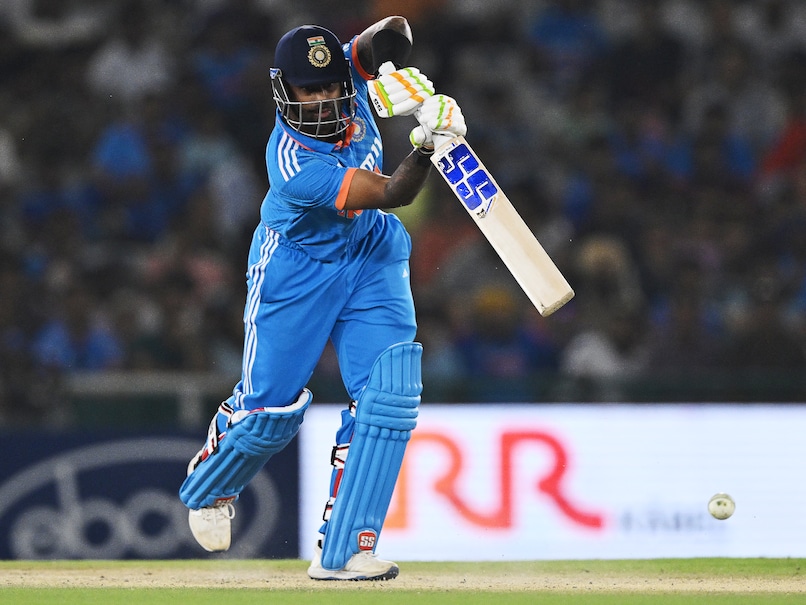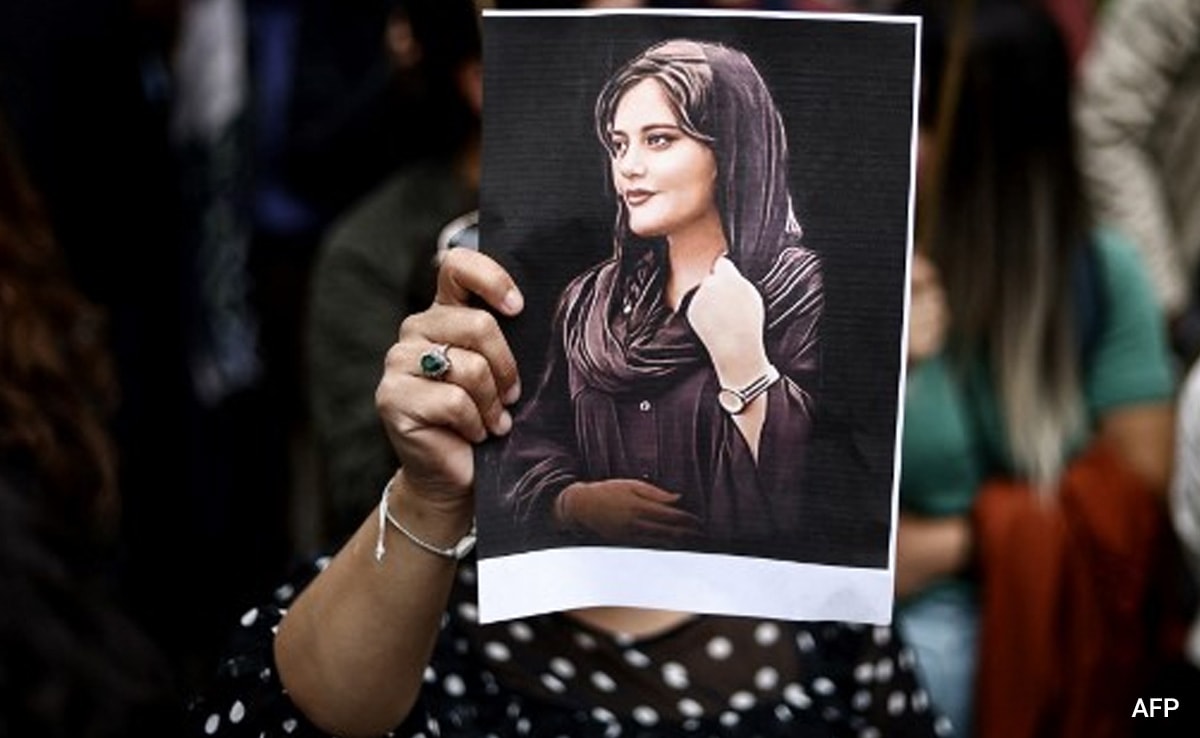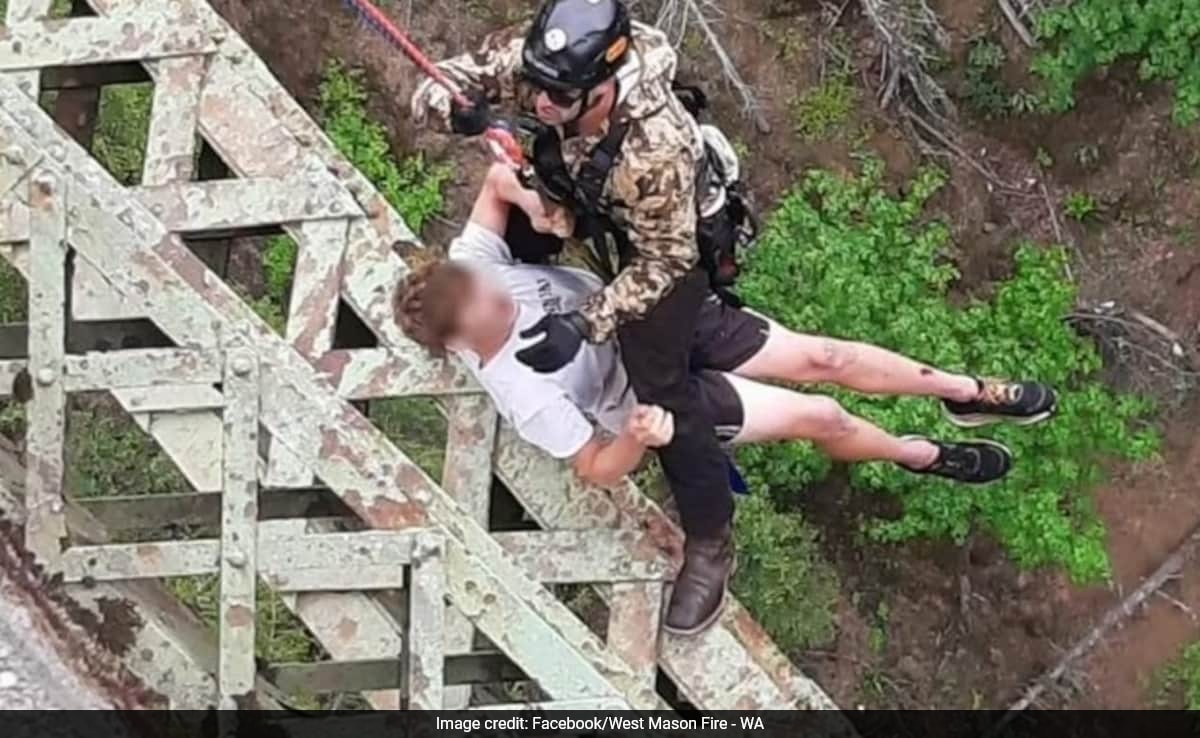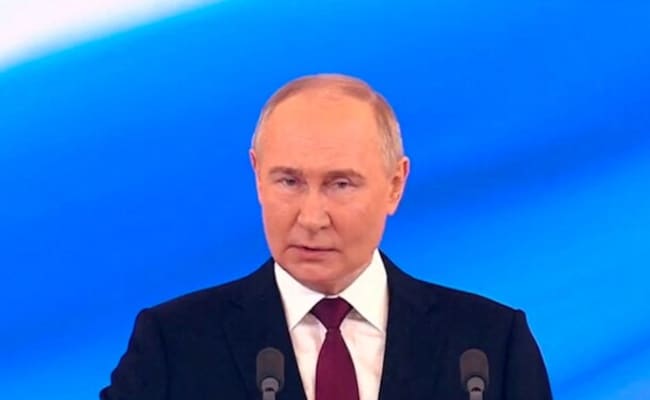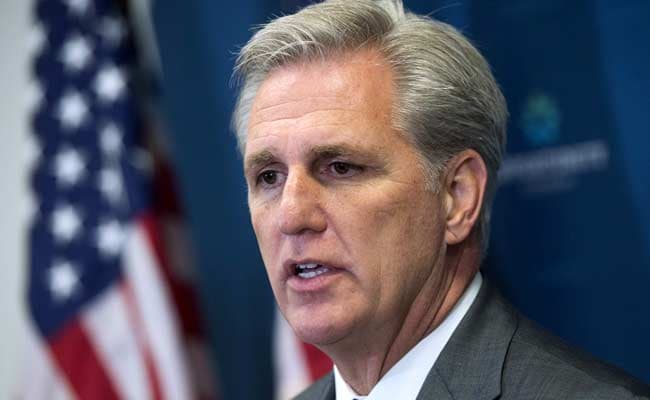A group of protesters hold yellow flags with the word Khalistan, as well as a banner with the picture of Sikh separatist leader Hardeep Singh, during a protest outside India’s consulate, a week after Canada’s Prime Minister Justin Trudeau raised the prospect of New Delhi’s involvement in the murder of Sikh separatist leader Hardeep Singh Nijjar in British Columbia, in Toronto, Ontario, Canada September 25, 2023.
| Photo Credit: Reuters
A Canadian court has thrown out a bid by two Sikh extremists to get off the country’s no-fly list, saying there are “reasonable grounds” to suspect they will threaten transportation security or travel by air to commit a terrorism offence.
The Federal Court of Appeal in its ruling this week dismissed an appeal by Bhagat Singh Brar and Parvkar Singh Dulai after they lost a constitutional challenge of their no-fly designations under Canada’s Secure Air Travel Act, The Canadian Press news agency reported from Vancouver on Thursday.
The two were not allowed to board planes in Vancouver in 2018.
The ruling says the act empowers the Public Safety Minister to ban people from flying if there are “reasonable grounds to suspect they will threaten transportation security or travel by air to commit a terrorism offence.”
“At some point, the appellants tried to fly. They could not,” the ruling says. “They were on the list and the minister had directed that they not fly.”
The appellate panel found that based on confidential security information, the minister “had reasonable grounds to suspect that the appellants would travel by air to commit a terrorism offence.”

In 2019, Brar and Dulai went to the Federal Court of Canada to have their names struck from the list.
But Justice Simon Noel ruled against them both in 2022.
The limits imposed on Dulai, he ruled, “were the result of evidence-based suspicions that he could fly abroad in order to plot a terrorist attack.”
“The Government of Canada must enact laws that protect national security and intelligence activities in a way that respects rights and freedoms and encourages the international community to do the same,” Judge Noel ruled.
In their appeal, both Brar and Dulai argued the impairment of their rights as a result of being placed on the list was not “minimal” and therefore unjustified.
However, the appellate court ruled the legislation was justified and that confidential portions of the court process were procedurally fair.
The Secure Air Travel Act deals with “national security, international relations and global co-operation to prevent terrorism” and is “not directed to past events that are tangible, certain and known,” the appellate court found.
“Rather, it is forward-looking, designed to act preventatively, proactively and pre-emptively to deal with perhaps imprecise but nevertheless very real risks of harm to property, public safety and human life,” the ruling says. “Several of its features show careful tailoring to minimize the impairment of rights and freedoms.”
Judge David Stratas, who wrote for the three-judge panel, says while the courts need to protect rights, the stakes for government are “sky-high” for security and terrorism prevention, which warrants giving Parliament “some leeway.” Lawyers for Brar and Dulai did not immediately respond to requests for comment on the court’s ruling.
According to sources in New Delhi, Dulai is a member of the banned Babbar Khalsa.
They said Dulai is a close associate of opposition New Democratic Party leader Jagmeet Singh. Dulai runs a channel called “Channel Punjabi” from Surrey and “ Global TV” from Chandigarh.
Both the channels spread Khalistani propaganda, they said.

The court’s ruling came against the backdrop of severe strain in India-Canada ties following Canadian Prime Minister Justin Trudeau’s allegations in September last year of a “potential” involvement of Indian agents in Nijjar’s killing.
New Delhi rejected Mr. Trudeau’s charges as “absurd” and “motivated”.
India has been maintaining that the main issue between the two countries is that of Ottawa giving space to pro-Khalistan elements operating from Canadian soil with impunity.






